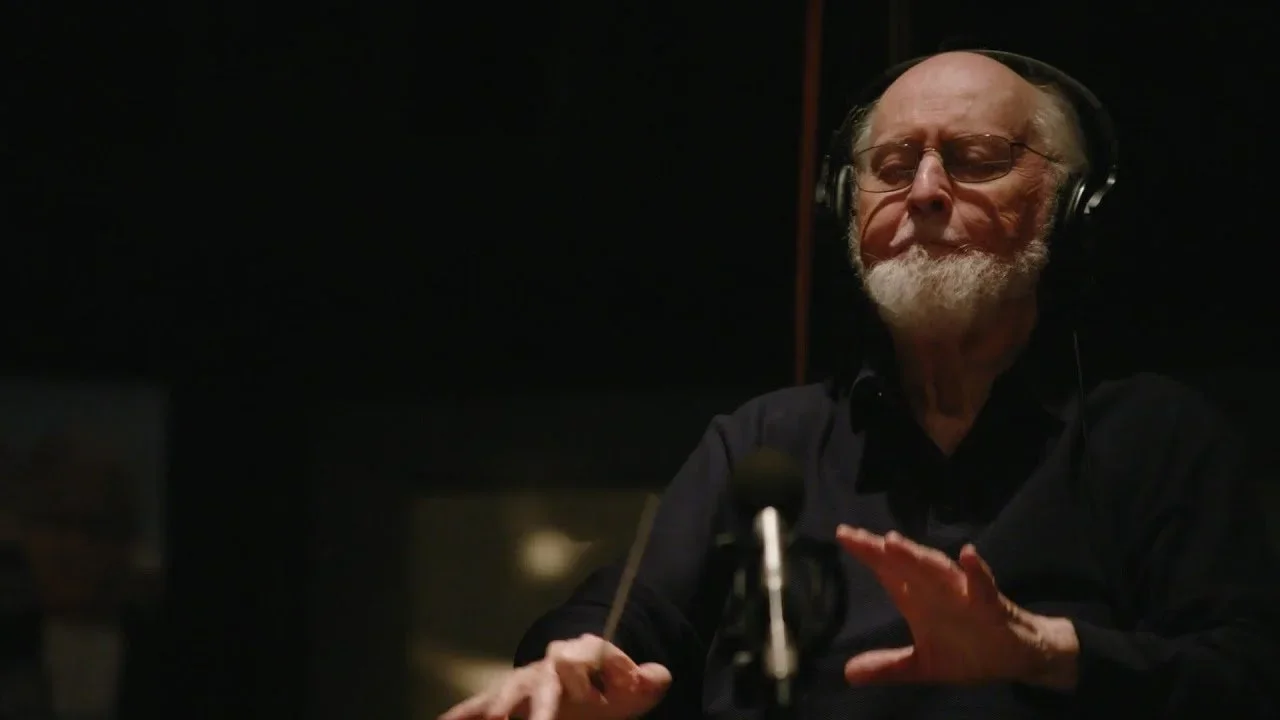At the end of long negotiations that will have occupied a good part of the afternoon, some children still agree to go to sleep. Others remain valiantly awake until evening. This appetite (all relative) to daytime sleep would not be linked to the age of our children, but to the development of their brains, and more particularly their hippocampus, as revealed by a study published by two American researchers.
Why do some children stop napping at the age of 2 or 3?
For parents whose children stopped sleeping at age 2 or 3, the cause is clear: an evil entity has cast a spell on their family. This is the only explanation.
Two American scientists have published a study which shows that the need for sleep during the day is linked to the development of the child’s brain, and not to his age. To simplify, the information received gradually accumulates in the hippocampus and is evacuated during the stages of sleep. In babies who are still sleeping, this area would not have reached its final size and should be emptied more regularly.
The benefits of a nap on the baby’s brain
For the dying parent from eleven in the morning, the kids’ nap allows them to finally collapse on the couch as they lazily think about the mountain of household chores to do.
From a more scientific point of view, sleep, and therefore nap, allows you to process the emotions and memories accumulated during the waking phases. Upon awakening, the child can once again store new information without risking an overflow or complicated exhaustion to stem in the long term.
It is therefore advisable to encourage a nap, even when the child no longer feels the need. Unfortunately, science has not yet figured out how to achieve this feat.
Photo credit image by one: Getty Images
Source: Madmoizelle
Ashley Root is an author and celebrity journalist who writes for The Fashion Vibes. With a keen eye for all things celebrity, Ashley is always up-to-date on the latest gossip and trends in the world of entertainment.





